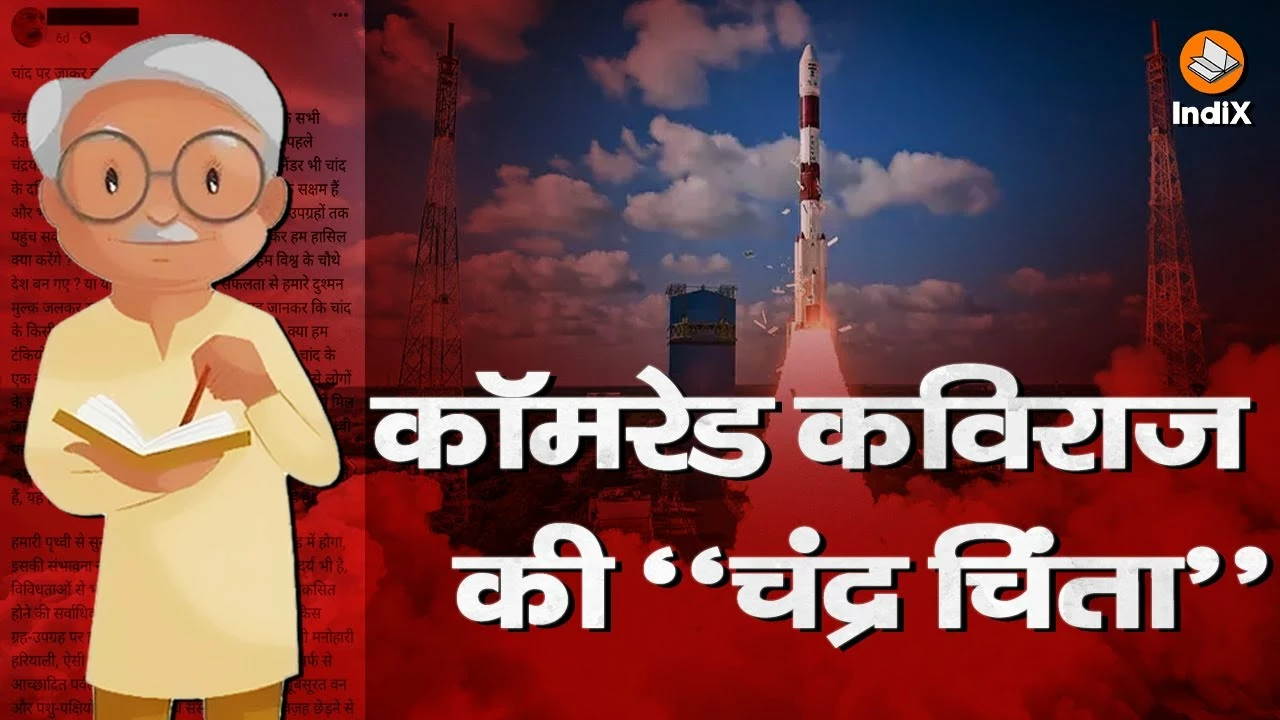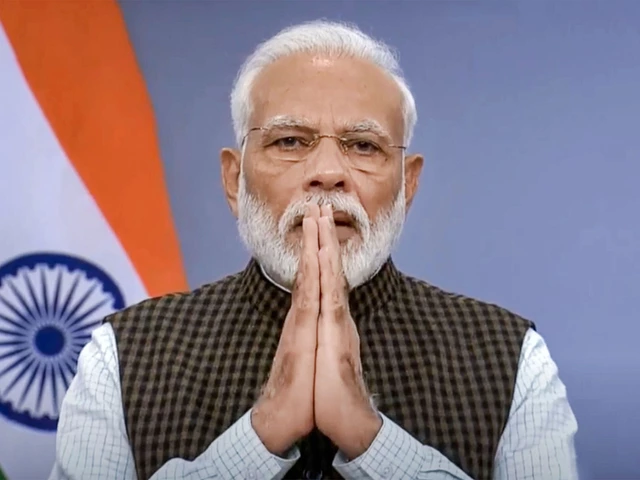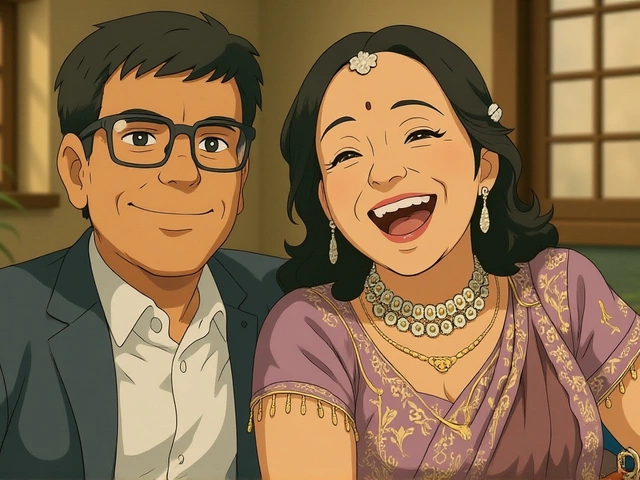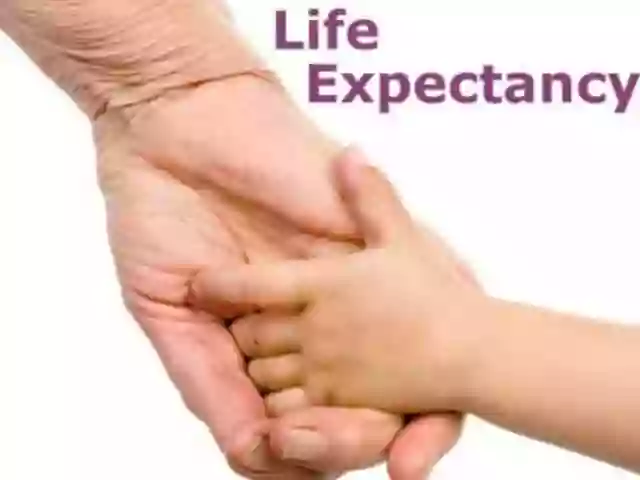Understanding the Love-Hate Relationship
Often, we come across people who resort to cursing their own country, hurling abuses at the government, and expressing intense hatred for the way things function. This raises a question: why don't people who hate India just leave the country? The first part of our discussion will focus on understanding this apparent love-hate relationship citizens have with their homeland.
Unpacking the Criticism
It's crucial to differentiate between criticism and hatred. Criticizing the government or the systems in place doesn't equate to hating the country. Constructive criticism is a sign of a healthy democracy and should be encouraged. However, when the criticism turns into a constant barrage of negativity, it can seem like hatred. I will unpack the nuances of this criticism in this section.
Roots in Patriotism
Ironically, the hatred might stem from an intense feeling of patriotism. Many people are deeply invested in the progress and development of their country, and when they don't see the expected changes, they might express it as intense criticism or dissatisfaction. In this segment, let's explore how patriotism can sometimes transform into apparent hatred.
Emotional Attachment and Identity
Despite the criticism and apparent hatred, many people choose not to leave because they are emotionally attached to their homeland. India is more than just a geographical entity; it's an identity that people are proud of. This section will delve deeper into the emotional connection people have with their country.
Practical Considerations: Leaving is not that Easy
It's easy to say, "If you hate it so much, why don't you just leave?" But in reality, relocating to another country comes with its own set of challenges and hurdles. This section will discuss the practical considerations and difficulties of moving to another country.
Change from Within
Many people believe that the best way to bring about change is from within the system. Instead of abandoning their homeland, they opt to stay and fight for a better future. This section will explore the concept of change from within and how it inspires people to stay despite their grievances.
Appreciating the Freedom of Expression
The fact that people can openly criticize the government, the systems in place, and express their dissatisfaction is a testament to the freedom of speech and expression, a fundamental right in India. This section will focus on the importance of this freedom and how it contributes to a thriving democracy.
Understanding the Role of Media and Social Networks
Media and social networks play a significant role in shaping public opinion. Sometimes, the constant influx of negative news can amplify the feelings of hatred or dissatisfaction. This section will examine the role of media and social networks in this context.
Conclusion: A Complex, yet Beautiful Relationship
In conclusion, the relationship between a citizen and their country is complex and multifaceted. While there might be intense criticisms and dissatisfaction, it doesn't necessarily mean that they hate their country. In this final section, I will summarize the points discussed and provide a holistic view of this complex, yet beautiful relationship.






Write a comment